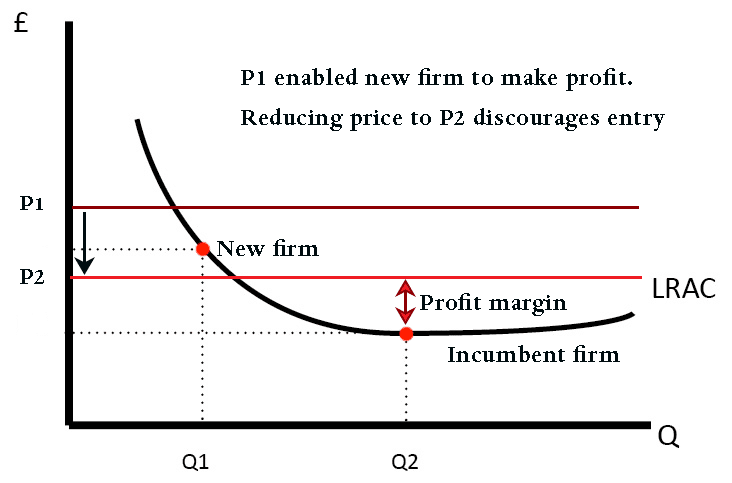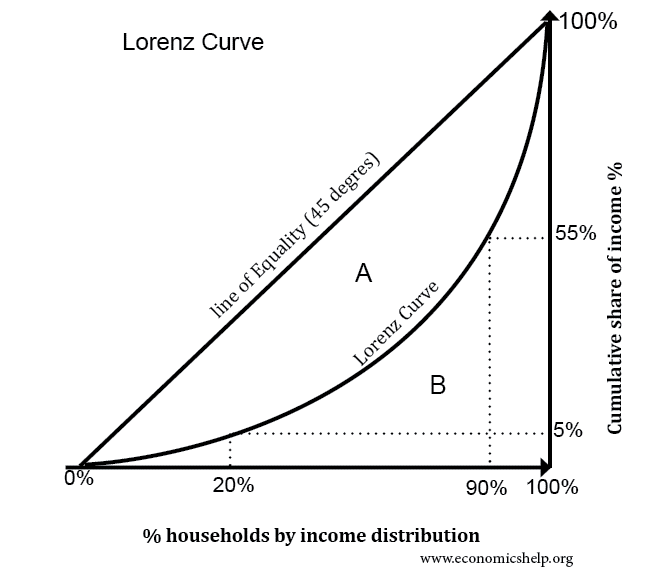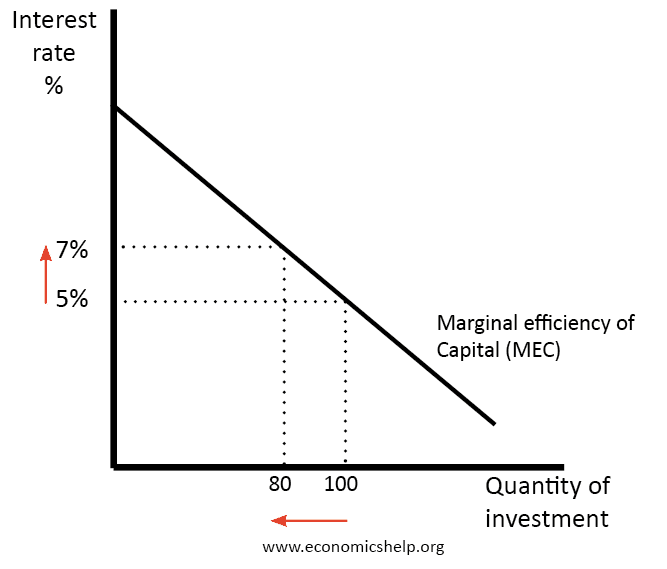Leveraged Buyout
A leveraged buyout occurs when a firm is bought by a group of investors who borrow a large proportion of the money needed to buy a target firm. Often the investors will use the assets of the target firm as collateral for borrowing money. Leveraged Buyouts are often highly aggressive methods of taking over an …



